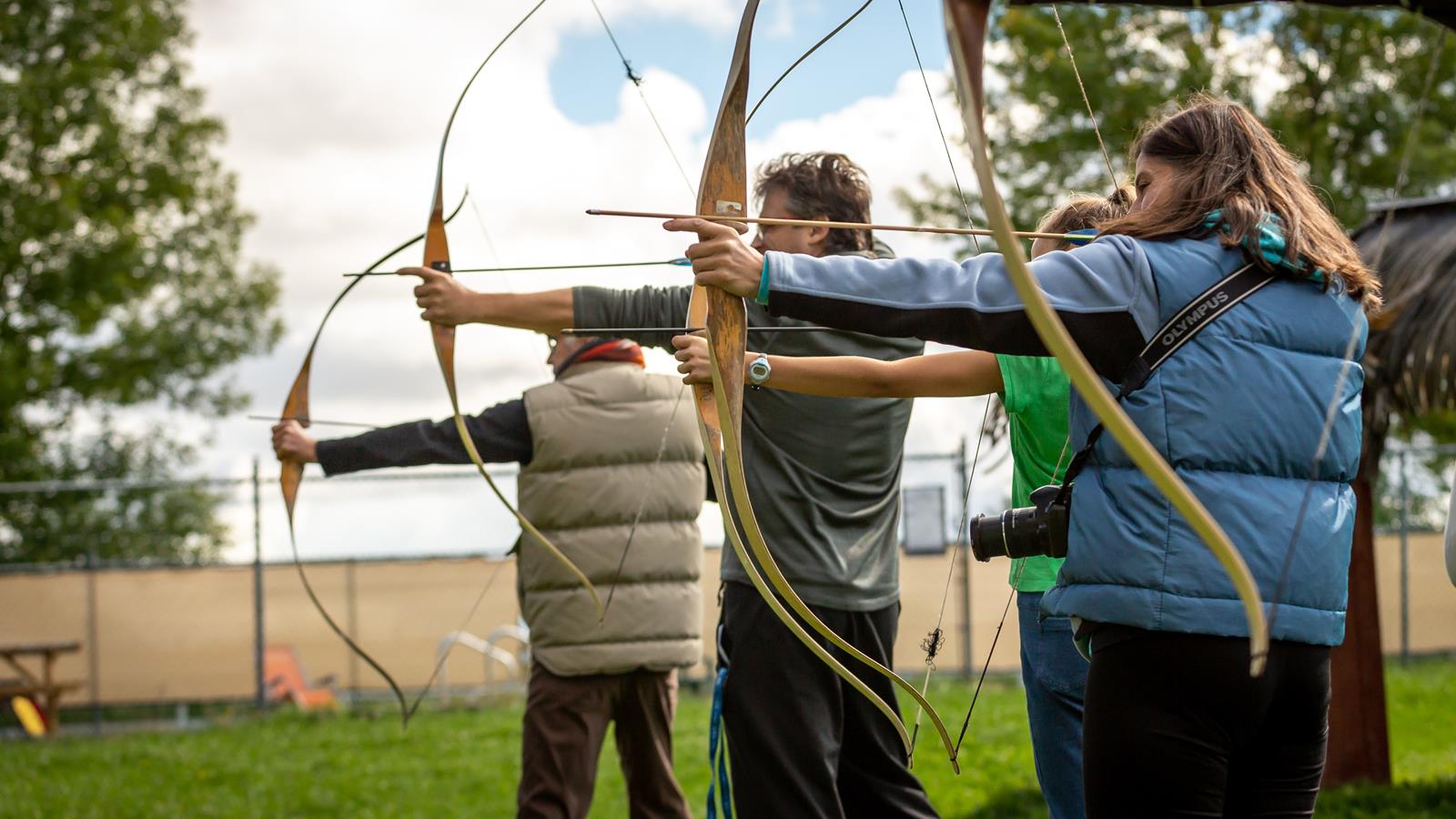The Lifestyle After Global Pandemic
The Covid-19 pandemic has brought about unprecedented change, including changes to our lifestyle. Many people have been forced to stay in their homes for the better part of a year and this has had an impact on how we live our lives. With no physical contact with friends and family and limited access to recreational activities, many individuals have had to find new ways to cope with the isolation. This has led to changes in diet, exercise, and sleep patterns that can have long-term effects on one’s health. It is therefore important that we take steps now to ensure we are taking care of ourselves during these difficult times by developing healthy habits that will continue even after the pandemic is over. Eating nutritious meals, engaging in regular physical activity, getting adequate rest, and keeping active mentally are all essential components of a healthy lifestyle that should be maintained even after the pandemic is behind us.
As we continue to navigate the uncertain terrain of the Covid-19 pandemic, it is important to remember that our physical, mental, and emotional health must be taken care of now more than ever. Take this time to develop healthy habits that will last long after the pandemic passes, and you’ll come out on top! Now let’s take a look at the Covid-19 Pandemic Overview and explore how it has impacted our lives.

Covid-19 Pandemic Overview
The Covid-19 pandemic has had far-reaching effects on our lives, forcing us to adapt to a “new normal” that includes physical distancing, mask-wearing, and limited contact with family and friends. Not only have these changes put a strain on our mental health, but they have also changed the way we approach everyday activities such as eating, exercising, and sleeping.
This unprecedented crisis has drastically impacted our lifestyle choices. With lockdowns in place for months on end, many of us are foregoing physical activity due to a lack of access to recreation facilities or simply because it feels wrong to take part in leisure activities during a time of crisis. Furthermore, dietary habits may be compromised due to restricted access to fresh groceries and other food items.
We must make an effort now more than ever before to maintain healthy lifestyles even during this difficult period. Eating nutritious meals, engaging in regular physical activity, and getting adequate rest must become priorities even when stuck indoors or living under quarantine conditions. Making an active effort to stay mentally engaged can also help keep depression at bay during this troubling time. Taking care of ourselves now will ensure that we come out stronger once the pandemic passes!
By actively making an effort to stay healthy and maintain our well-being, we can ensure that our bodies and minds are in the best shape possible to hurdle over this difficult period. Are you ready to learn more about the impact of the pandemic on lifestyle habits? Keep reading to find out!
Impact of the Pandemic on Lifestyle Habits
The Covid-19 pandemic has had a significant impact on our lifestyle habits, making it more difficult for us to maintain healthy routines. With lockdowns and physical distancing measures in place, many of us have found ourselves skipping out on physical activity or eating unhealthy food due to limited access to groceries and recreation facilities. This can lead to an increased risk of depression and other mental health conditions as well as poor physical health outcomes.
We must make an effort now more than ever before to maintain healthy lifestyles even during this difficult period. Eating nutritious meals, engaging in regular physical activity, and getting adequate rest must become priorities even when stuck indoors or living under quarantine conditions. Making an active effort to stay mentally engaged can also help keep depression at bay during this troubling time. Taking care of ourselves now will ensure that we come out stronger once the pandemic passes!
We must also remember that we are all in this together – no one should be left behind during this crisis. By supporting each other and encouraging healthy lifestyle habits, we can reduce the negative effects of the pandemic on our lives and come out stronger on the other side!
Changes in Physical Activity and Dietary Habits
The Covid-19 pandemic has had a massive impact on our daily lives – from physical distancing to lockdowns, many of us have had to drastically change our habits. One of the most significant changes is regarding physical activity and dietary habits. With limited access to recreation facilities and grocery stores, it’s been difficult for people to maintain a healthy diet and stay active. This can lead to an increase in depressive symptoms as well as poor physical health outcomes.
It is now more important than ever before that we make an effort to prioritize our physical activity and dietary habits during this crisis. Eating nutritious meals, engaging in regular physical activity, and getting adequate rest must become top priorities even when stuck indoors or living under quarantine conditions. Making an active effort to stay mentally engaged can also help keep depression at bay during this troubling time. Taking care of ourselves now will ensure that we come out stronger once the pandemic passes!
Let’s all do our part by encouraging each other and supporting healthy lifestyle choices during this crisis. By coming together, we can reduce the negative effects of the pandemic on our lives and come out stronger on the other side!
Mental Health Effects of the Pandemic
The Covid-19 pandemic has had a significant impact on our mental health. Social distancing, lockdowns, and other restrictions have left many of us feeling isolated, anxious, and depressed. With limited access to recreation facilities and grocery stores, people are struggling to stay connected with friends and family, which can increase feelings of loneliness. This lack of connection can lead to further distress which can manifest itself in the form of sleep disturbances, mood swings, or apathy.
We must take steps to prioritize our mental well-being during this crisis – even when stuck indoors or living under quarantine conditions. Making time for activities that bring joy such as reading, cooking, or engaging in hobbies that you enjoy can help keep stress levels low. It is also important to stay connected with friends and family through video chats or phone calls so that you don’t feel completely isolated from the outside world!
Most importantly, it is ok to not be ok – it’s normal to experience periods of sadness during times of crisis. If you are struggling with your mental health do not hesitate to reach out for help – speaking with a professional counselor or therapist can provide invaluable assistance during these difficult times. Let’s all come together and support each other by making an effort to prioritize our mental well-being during this pandemic!

Analysis of Current Study
A recent cross-sectional study published in PLOS ONE examined the lifestyle of people during the Covid-19 pandemic and its effects on their mental health. Results showed that people who adopted a healthy lifestyle, such as engaging in physical activity and maintaining healthy dietary habits, experienced fewer depressive symptoms than those who did not. The current study also found that participants who had an active lifestyle before the outbreak experienced fewer adverse psychological effects than those who had not been physically active before.
These findings demonstrate the importance of maintaining an active, healthy lifestyle even during quarantine conditions imposed by the Covid-19 crisis. It is no surprise that individuals with pre-existing healthy habits are faring better mentally during this difficult time – regular physical activity has been proven to reduce stress levels, improve moods and increase cognitive functioning.
This research is essential for helping us understand how to best handle our mental health during times of crisis. We must be mindful of our lifestyle choices – even when living under restrictive conditions – if we want to minimize the psychological damage caused by this pandemic. Let’s all make an effort to prioritize our physical and mental well-being and come together to support each other through these challenging times!
The importance of healthy lifestyle habits cannot be overstated during this pandemic – it can help us to better manage our mental health and protect us from feeling overwhelmed. Let’s use this information to stay strong, both physically and mentally, as we navigate through these turbulent times! And in the next section, we will explore the results from a cross-sectional study that further demonstrates the power of healthy habits on mental well-being.
Implications for Healthy Lifestyles During and After the Pandemic
The effects of the Covid-19 pandemic have been far-reaching, impacting not only our physical health but also our mental well-being. A recent study conducted in Italy found that people who maintained an active lifestyle before and during the outbreak experienced fewer depressive symptoms compared to those who were inactive. This finding has important implications for how we should approach healthy lifestyles both during and after the pandemic.
We must prioritize physical activity and develop healthy dietary habits during this time to protect ourselves from the psychological stress induced by quarantine. In addition, it is important to remember that maintaining a healthy lifestyle before or during a crisis can be beneficial for our mental health in the long term. We must continue to embrace an active lifestyle even after the pandemic has ended if we want to remain resilient in times of adversity.
This research provides insight into how we can better manage our mental health during these difficult times and serves as a reminder of the importance of leading a balanced, healthy lifestyle even after the pandemic has passed. Let’s use this knowledge to stay strong and take control of our mental well-being!
Limitations and Future Directions
This study provides valuable insight into how maintaining an active lifestyle before and during the pandemic can help protect us from psychological stress. However, it is important to note that the findings of this study were based on self-reported data from a single survey in Italy and may not be generalizable to other populations. Furthermore, the research was limited to cross-sectional data, meaning that it does not provide evidence for causal relationships between physical activity level and mental health outcomes.
Future research should focus on expanding this research by conducting longitudinal studies across different populations. Additionally, further investigation into the specific influence of particular types of physical activities and dietary habits on mental health outcomes is needed to gain a better understanding of how we should prioritize healthy lifestyle choices during and after the pandemic. Ultimately, these studies will provide us with more comprehensive guidance on promoting healthy lifestyles both today and in the future.
Conclusion
This study concluded that physical activity levels may protect us from psychological stress associated with the pandemic. This research provides valuable insight into how we can maintain an active lifestyle during and after the global pandemic. Furthermore, it is important to note that by prioritizing healthy lifestyle choices, such as exercising regularly and eating a balanced diet, we are more likely to have a positive impact on our mental health. Ultimately, this study serves as an important reminder of the importance of maintaining an active lifestyle even in difficult times to protect our mental well-being.








